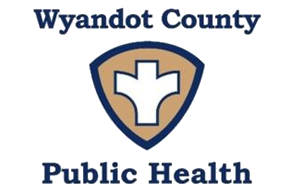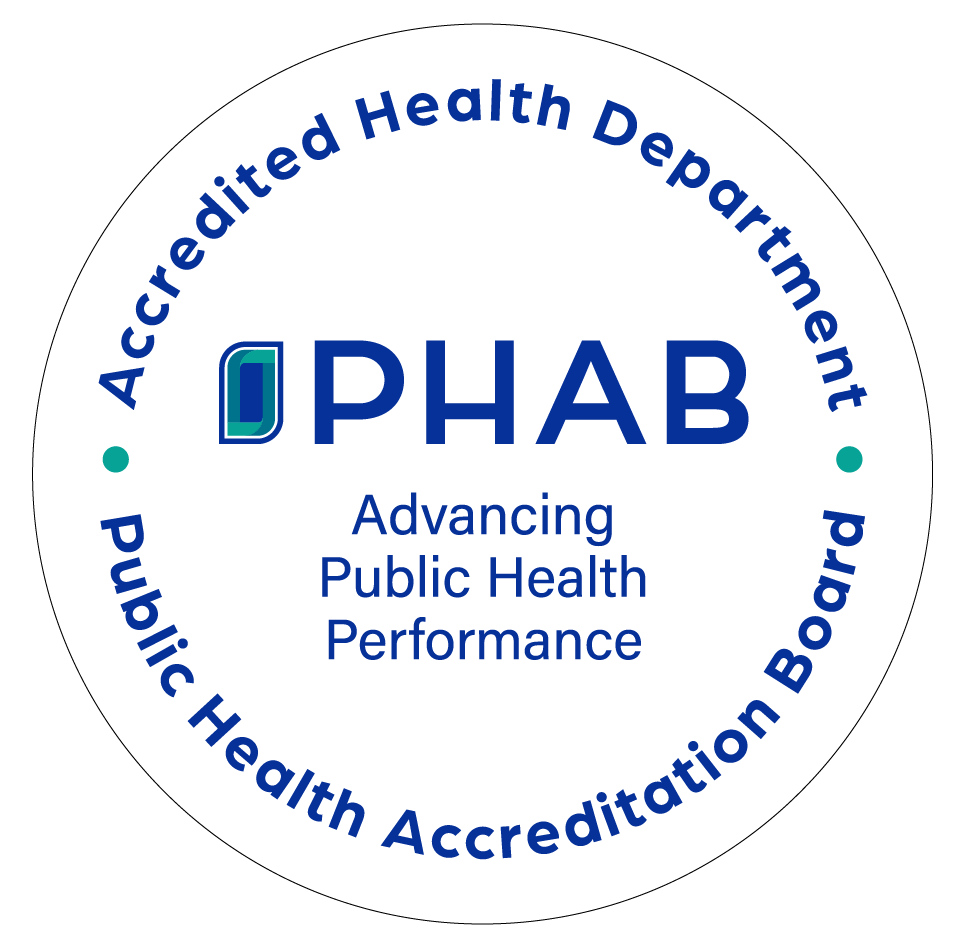Child Passenger Safety Week 2018 - Tween
Don’t Think You Know—Know You Know
Ensure Your Child Is Always Buckled Up in the Right Seat
No matter your child’s age, as a parent or caregiver, one of your top priorities will always be keeping them safe. As the parent of a budding teenager, while it brings its own set of unique challenges, it’s no different. You aren’t always physically at their side anymore, but your influence is. The habits tweens form now will follow them through their lives, and car seat and seat belt safety is crucial for their well-being. This choice could mean the difference between life, serious injury, or death for your children. Don’t think you know – know you know - that your children are safe and in the right seat.
Motor vehicle crashes are a leading killer of children 14 and younger. In 2016, 3 percent of all passenger vehicle fatalities in the United States were children, and almost half of these children were between 8 and 14 years old. Sadly, fatalities of passenger vehicle tweens have increased by 12 percent from 2012-2016, and unfortunately, continue to trend up. We know that now — more than ever — is the time to make sure your child is in the right seat, whether it be a booster or a seat belt, is buckled up correctly, and is in the back seat 100-percent of the time if they are under 13.
That’s why events such as Child Passenger Safety Week, being held September 23-29, 2018, are so critical in helping parents choose the right car seats and booster seats for their children, teaching parents how to use them correctly, and bringing awareness to the growing number of fatalities and injuries associated with car seat, booster seat, and seat belt misuse for children under 14. Your children rely on you to keep them safe. When traveling, the best ways to protect them are to ensure they are in the right seats for their ages and sizes, are buckled up correctly, and are in the back seat if they are under 13. Over half (52%) of tweens killed riding in passenger vehicles in 2016 were not buckled up, and 45 percent were not wearing seat belts while in the front seat.
Another way to encourage your children to stay safe in the vehicle is to make sure that you, the parent or caregiver, are being safe in the vehicle, too. Always remember to obey the speed limit, don’t drive distracted or after drinking alcohol, and always buckle your seat belt. According to the National Highway Traffic Safety Administration (NHTSA), in 2016, when the driver was buckled, 24 percent of the children (12 and younger) killed in passenger vehicles were unbuckled; however, when the driver wasn’t buckled, the number of children killed in crashes that were unbuckled jumps to 60 percent.
As children grow and transition from a car seat to a booster seat and then to a seat belt, parents sometimes become less vigilant about ensuring that their child is properly buckled and in the right seat for their age and size. As a parent, you may also hear your child say things like, “I’m too old for a booster” or, “None of my friends use one,” which may make it harder for you to enforce the rule. In 2016, a total of 370 children under the age of 5 could have survived if they had been buckled up 100 percent of the time. Children need to be both buckled in correctly, and in the right type of seat - correctly installed, whether it’s a car seat, booster seat or seat belt, and in the back seat — every trip, every time.
Parenting a tween or a teenager can seem overwhelming at times, but knowing they are safe in the vehicle does not have to be an added worry. During Child Passenger Safety Week, local car seat inspection stations will host National Seat Check Saturday on September 29, 2018. During this time, Certified Child Passenger Safety Technicians will be on site to answer any questions you might have about your tween and other children riding safely in the car. Technicians can also help parents and caregivers determine if their children are ready to move from a booster seat to a seat belt.
If you can’t make it to a National Seat Check Saturday event and you have questions, you can still have your car seat checked at a Car Seat Inspection Station. To locate an inspection station in your area, go to nhtsa.gov/carseat, or download the free SaferCar app from iTunes or Google Play.
|
|
Parents, guardians and caregivers can also visit nhtsa.gov/carseat to learn other tips on car seat safety, watch how-to videos, and sign up for car seat recall notifications.

